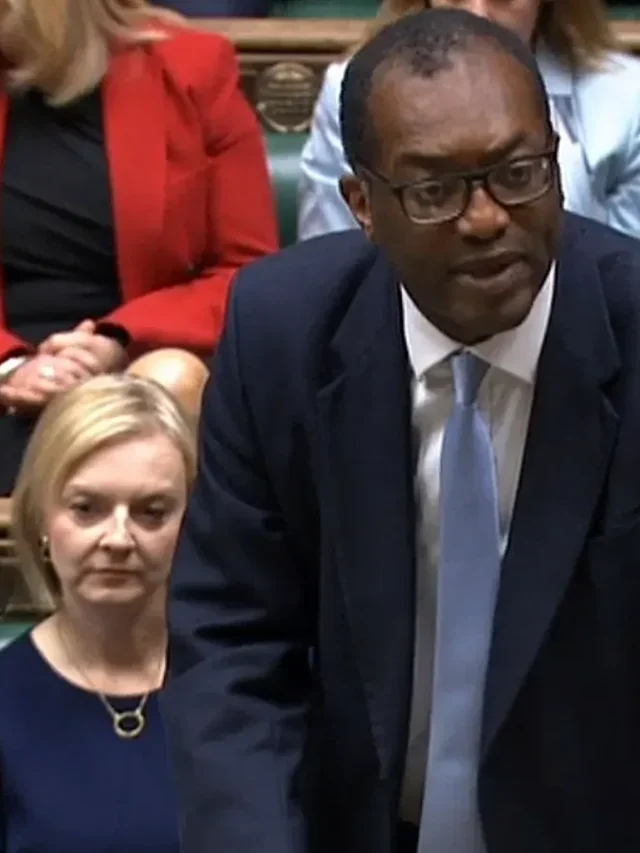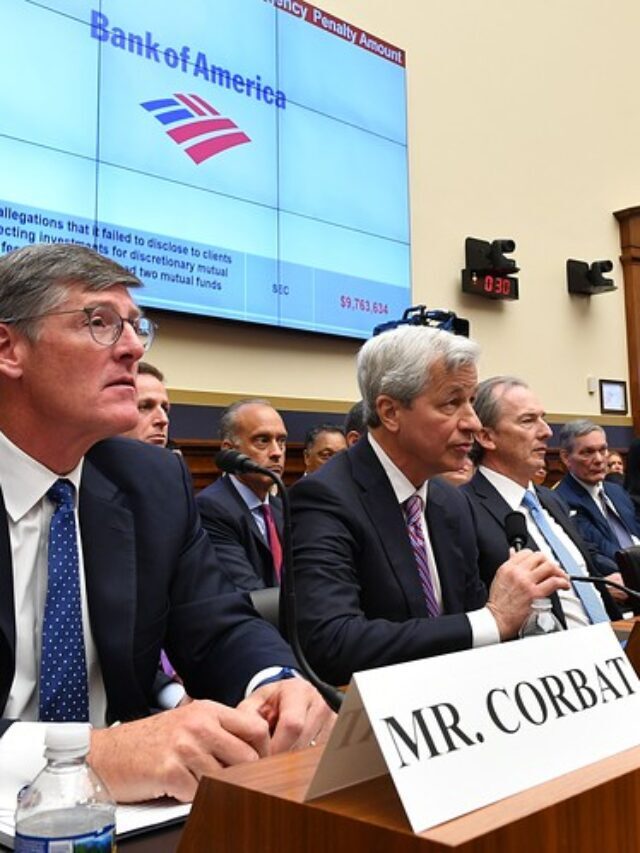There is a lot to think about when planning for retirement. But unfortunately, Social Security benefits, Medicare Part B, Medicare Part D, and other sources of healthcare coverage may not be ample to cover all your needs in old age. It is why it’s essential to take steps now to ensure you don’t outlive your savings. Here’s how.
What is Prudential Retirement?
Prudential Retirement is a financial services company that helps people save for retirement. The company offers a variety of retirement savings products, including 401(k)s, IRAs, and annuities. Prudential Retirement also provides financial planning and advice to help people make the most of their retirement savings.
Why Consider a Prudential Retirement Plan?
There are many factors to consider regarding financial security in retirement. However, one crucial piece of the puzzle has a retirement plan that can give you the income you need to cover your expenses. Prudential offers a variety of retirement plans that can help you build a secure financial future.
There are many reasons to consider a Prudential retirement plan. For one, their programs offer competitive rates and benefits. Plus, they have a wide range of options to choose from, so you can find a plan that best suits your needs. And their experienced team is here to help you every step.
Regarding retirement planning, Prudential is a name you can trust. They have been helping people achieve their financial goals for over 140 years. So, if you are looking for a reliable partner to help you build a secure future, Prudential is a great choice.
Types of Plans Available
Regarding retirement planning, there are many different options and products available. It can be challenging to realize which one is right for you. Prudential Retirement offers a variety of other plans, each with its unique benefits. Here is a short overview of the different types of plans available:
401(k) Plans: A 401(k) plan is a great way to save for retirement. You can place pre-tax dollars into your account, which can grow tax-deferred. Plus, many employers offer matching contributions, which can help you boost your savings even more.
Individual Retirement Accounts (IRAs): An IRA is another excellent way to save for retirement. With an IRA, you can choose to have your money grow tax-deferred or on a tax-advantaged basis. Plus, many different types of IRAs are available, so you can find one that best suits your needs.
Pension Plans: A pension plan is a retirement plan offered by an employer. With a pension plan, you may receive a fixed income in retirement. Pension plans are becoming less common nowadays, but if your employer offers one, it can be an excellent procedure to secure your financial future.
How do you Qualify for a plan?
If you want to qualify for a Prudential retirement plan, there are a few things you’ll need to do:
- You’ll be obliged to be at least 18 years old and have earned income from a job during the year.
- You have to be a resident of the United States of America. You’ll also need your Social Security number and email address.
- You’ll need to create a password for your account.
Once you have all this information, you can start the application process.
How do I start building a secure financial future?
There’s no single answer to this question since everyone’s financial situation differs. Still, you can take some general steps to build a more secure future. One essential step is to start saving for retirement as early as possible. Even if you can only hold a small amount each month, it will add up over time and give you a greater chance of having the lifestyle you want in retirement. Another critical step is to diversify your investments. It means investing in a mix of assets, such as stocks, bonds, and cash, so you’re not too exposed to any investment. It will help protect you from market volatility and help ensure that you have a more stable financial future. Lastly, stay informed about your finances is crucial and ensuring you understand what’s happening with your money. This way, you can make knowledgeable decisions about how to grow your wealth over time.
Understanding what inflation, deflation, and diversification mean for your retirement goals
When considering your retirement, it’s crucial to understand how different economic conditions affect your savings. Inflation and deflation can significantly impact your money’s purchasing power, and diversification is key to ensuring that your portfolio is well-rounded and prepared for whatever the market throws.
Inflation is when prices rise overall, and deflation is when they fall. Both can erode the value of your savings but in different ways. Inflation minimizes the purchasing power of your money because it takes more of it to buy things. Deflation can be just as damaging because it can lead to people hoarding cash and avoiding spending. In addition, it can hurt the economy as a whole and make it harder for you to find suitable investments.
Diversification is crucial in any investment portfolio but is imperative during economic uncertainty. By scattering your money across different asset classes, you can minimize your risk and maximize your chances of achieving your goals.
Regardless of the economy, remember that retirement planning is a long-term process. Stay focused on your aims, and don’t let short-term fluctuations derail your plans. With a little planning and discipline
Setting up your savings strategy for retirement
Regarding retirement savings, there is no one-size-fits-all approach. What works for one person may not be the best solution for another. However, some general principles can help you build a sound savings strategy.
The first step is to start saving as early as possible. The initial you start, the more time your money has to grow. It will add up over time, even if you can only hold a small amount each month.
Second, ensure you are taking advantage of employer-sponsored retirement savings plans, such as a 401(k) or 403(b). If your employer makes coordinating contributions, contribute enough to get the match.
Third, consider opening an Individual Retirement Account (IRA). An IRA gives you more flexibility than an employer-sponsored plan, and several different types of IRAs can choose from.
Finally, don’t forget to factor in other sources of income, such as pensions or Social Security. These can provide a valuable supplement to your savings.
Following these tips can build a solid foundation for a secure financial future.
The importance of saving for retirement early
Saving for retirement may seem daunting, but starting as early as possible is crucial; the earlier you save, the additional time your money has to grow. Even if you can only hold a little bit each month, it will add up over time.
There are many different processes to saving for retirement. You can create a traditional IRA, invest in a 401(k) plan through your employer, or even open a savings account specifically for retirement. No matter how you choose to save, getting started now is essential.
Many resources are available to help you if you’re unsure where to start. For example, Prudential offers a variety of retirement planning tools and resources on its website. So take some time to survey your options and determine what will work best for you.
The sooner you commence saving for retirement, the better off you’ll be down the road. So don’t wait for any prolonged – start planning for your future today!




















